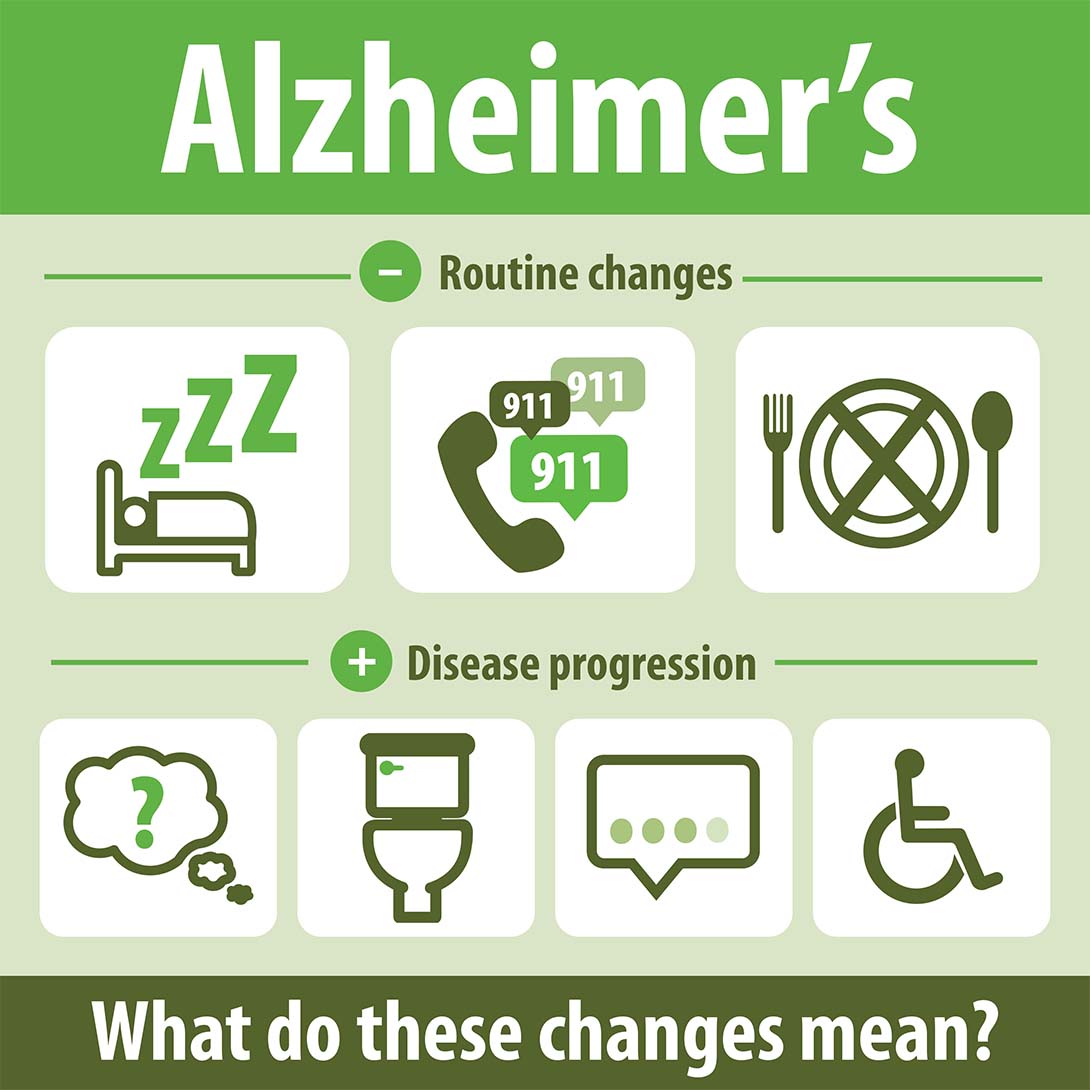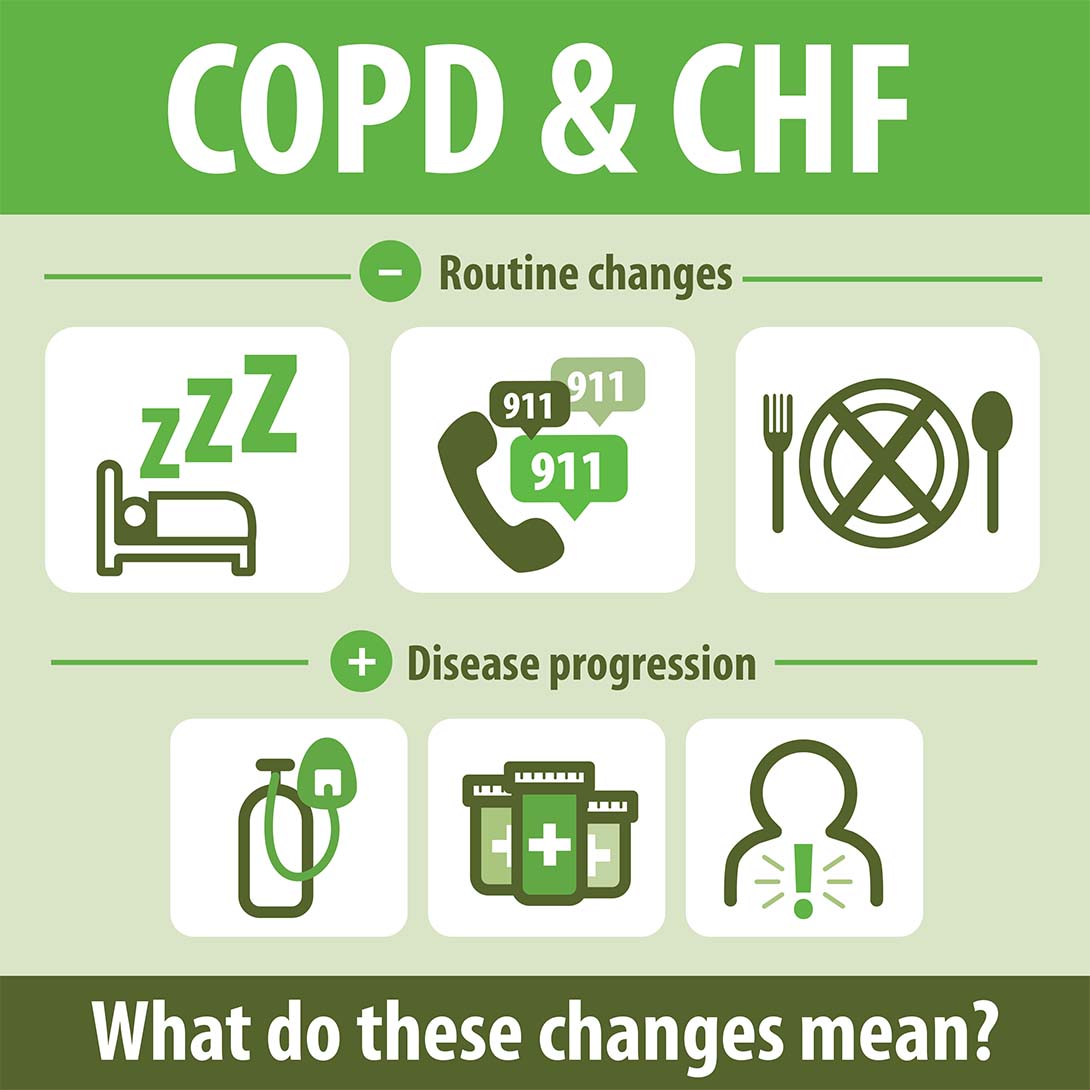Vaccines for Seniors: Take a Shot at Good Health

Vaccinations are a key piece of preventing the spread of infectious disease — in children AND adults — including those over 65. In fact, some are more important for seniors than anyone else.
It is also essential that caregivers maintain current treatments. When you are caring for others, it is easy to neglect your own health: not exercising, not eating a healthy diet and being overly stressed. These habits can lower your immune system, which can open you up to illness. This will not only make caring for others difficult, but can expose seriously ill, immunocompromised individuals to the risk of catching what you have. What might be "just a cold" for you could have serious consequences for them.
The Centers for Disease Control and Prevention (CDC) recommends all seniors have six vaccinationsto help maintain their health.
1. Influenza (Flu)
The flu has been particularly nasty in recent years, and a flu shot is your best protection against contracting this illness. The CDC recommends that everyone over the age of six months receive a flu vaccination, but it is especially important for seniors who are at a higher risk of catching the flu and developing more serious complications.
Seniors have two options for receiving the flu vaccine — the regular dose and a high-dose option designed specifically for those over 65.
Medicare will cover the flu shot once a year. Flu season starts in October. Be sure to get your vaccines as soon as this year's doses are available in your area.
2. Shingles (Herpes Zoster)
Shingles is a painful rash that is caused by the same varicella zoster virus that causes chickenpox. While chickenpox is a one-time illness, for some people, the virus reasserts itself later in life as shingles.
Nearly one in three people will experience shingles later in life. Those who already have a weakened immune system are particularly susceptible to the painful rash and blisters of shingles.
All adults over 60 years of age should get the shingles vaccine — even if they don't recall having chickenpox in their youth. If you have had shingles, you should still receive the shingles vaccination to prevent future outbreaks. Protection lasts approximately five years.
3., 4. and 5. Diphtheria/Pertussis (Whooping Cough)/Tetanus
Diphtheria is a respiratory disease that starts as a sore throat, but can lead to breathing problems, paralysis, heart failure and even death. Pertussis is also a respiratory disease that leads to severe coughing bouts.
Tetanus is an infection caused by bacteria. It can lead to complications like lockjaw. Adults should receive a booster of the tetanus shot every 10 years to maintain their protection.
These can be combined into a single shot. Td is a tetanus-diphtheria vaccine given as a booster shot every 10 years, or after an exposure to tetanus under some circumstances. Tdap is similar, but also contains the vaccine for pertussis. Tdap can be received no matter when Td (tetanus-diphtheria vaccine) was last administered.
6. Pneumococcal disease (Pneumonia)
Pneumococcal disease is a leading cause of vaccine-preventable illness and death in the United States. Each year, it causes approximately 50,000 deaths — most of them to people over the age of 65.
There are two types of pneumococcal vaccinations available for seniors: pneumococcal conjugate vaccine (PCV13) and pneumococcal polysaccharide vaccine (PPSV23). PCV13 protects against 13 types of pneumococcal bacteria including the lung infection pneumonia. PPSV23 protects against 23 types. Both provide protection for meningitis and bacteremia.
It is recommended that most seniors receive one dose of PCV13 followed up by a dose of PPSV23 six to 12 months later.
The end of summer is an excellent time to review your current vaccinations, and those of your loved ones, with your doctor to ensure you’re all up to date before cold and flu season sets in. Make sure to talk through all your options with your healthcare provider to make sure you are receiving the dose that is right for you.
If you found this information helpful, please share it with your network and community.
Copyright © 2015 Crossroads Hospice. All rights reserved.




